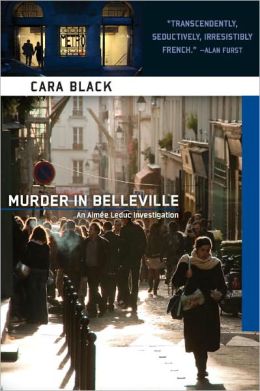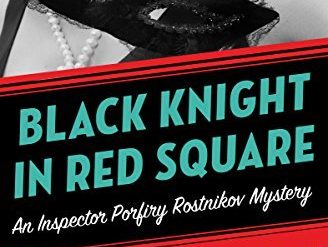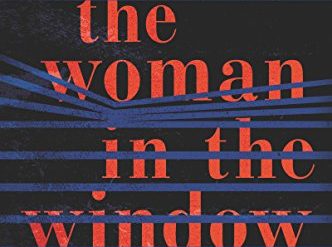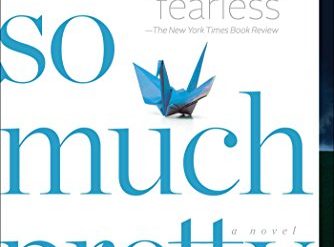
At a time when the current refugee crisis dominates the headlines in Europe (though only when the Greek financial debacle doesn’t crowd it out), it’s fascinating to read about an earlier time in European history when the French people, in particular, seemed just as obsessed with refugees as they are now. Cara Black‘s Murder in Belleville, a well-crafted murder mystery set in 1994, revolves around the lingering fallout from the French-Algerian War of 1954 to 1962 — one of those tragic events that continues to reverberate in French society today in the Parisian suburbs crowded with Muslim refugees.
Though appealing as much for its historical and geographical detail, Murder in Belleville is, at heart, a detective story. The book features the Parisian P.I. Aimee Leduc and her brilliant sidekick, Rene Friant, a computer-hacking wizard who is described as a “handsome dwarf.” As the novel opens, Leduc is drawn into the troubled life of an acquaintance, Anais de Froissart, the wife of the French Minister of War. In short order, Leduc and Anais witness the murder of the minister’s mistress in the fiery explosion of her car. Hired by the wife, Leduc must now attempt to learn the identity of the car-bomber and to unravel the mystery surrounding the minister and his mistress, meanwhile saving his wife and small daughter.
Murder in Belleville (Aimee Leduc #2) by Cara Black ★★★★☆
Leduc and Friant, we’re told, are not eager to become involved in such violent episodes. They are attempting to specialize in corporate security — Leduc, like her partner, is adept with computers — but inevitably, it seems, they’re drawn into complex, high-profile police dramas, exposing themselves to great danger in the process.
Murder in Belleville was the second of the fourteen Aimee Leduc novels by Cara Black. (I’m slowly making my way through the series.) Each of these ably-written stories is based in a different neighborhood in Paris.
My only complaint about Black’s novels is what is, in my not so humble opinion, her overindulgence in the use of French, which I do not speak. I’m well aware that a great many Americans are enamored of France, the French, and the French language, but I’m not among them. If you’re not willing to stumble through frequent passages in a language you don’t understand (and, like me, refuse to buy a French dictionary to translate them), you may want to avoid the Aimee Leduc series. I’ll stick with it, though, because the writing is very good.
For more great reading
You might also enjoy my posts:
- Top 10 mystery and thriller series
- 20 excellent standalone mysteries and thrillers
- 30 outstanding detective series from around the world
- Top 20 suspenseful detective novels
- Top 10 historical mysteries and thrillers reviewed here
And you can always find my most popular reviews, and the most recent ones, on the Home Page.


























